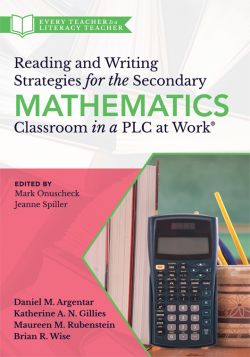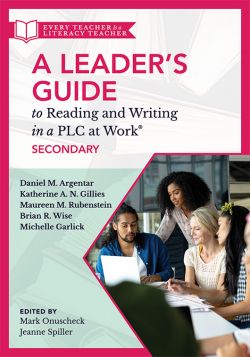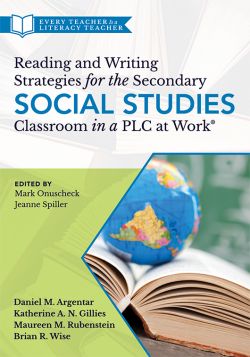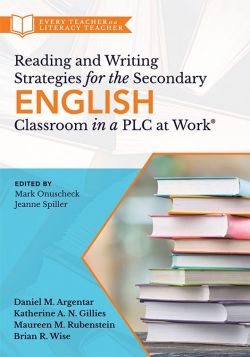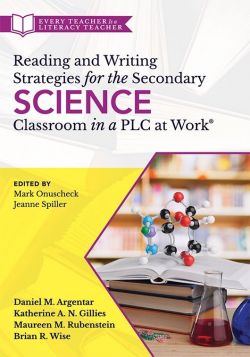
Katherine A. N. Gillies
Katherine Gillies is the lead architect of districtwide literacy improvement at Niles North High School, D219, in Illinois. Her work includes building a comprehensive system of intervention and support for struggling readers and developing a research-based curriculum to ensure continued literacy growth for all students.
Katherine A. N. Gillies
Katherine Gillies is the lead architect of districtwide literacy improvement at Niles North High School, D219, in Illinois. Her work includes building a comprehensive system of intervention and support for struggling readers and developing a research-based curriculum to ensure continued literacy growth for all students.
Katherine cultivates a team approach to problem-solving in the MTSS/RTI space and works to foster student growth and critical literacy skills at all levels. Her focus is on creating equity across the educational system. She specializes in school literacy needs analysis, differentiated instruction, disciplinary literacy, curriculum mapping, responsible and informative assessment practices, teacher collaboration, and student literacy growth.
Katherine brings this passion beyond her district and has collaborated broadly with schools across the Chicagoland area. She has presented at conferences both locally and nationally and served as a design team member for the AIM literacy coaching project (funded by the US Dept Education).
Katherine is also a founding member of the Chicago Area Literacy Leaders organization. She further shares her passion for literacy as a co-author of the book series, Every Teacher is a Literacy Teacher.
Katherine holds a bachelor’s degree in literature and secondary education, as well as two master’s degrees in literacy, language, and culture with certifications as a reading specialist and in educational leadership and administration. She lives in Evanston, IL with her husband, two kids, and two corgis.
Presentations by Katherine A. N. Gillies
- Literacy Skill Bridge Workshop: Preparing students for disciplinary literacy with strategic instruction
- Engaging Students through Word Study & Academic Vocabulary
- Supporting Students Through the Text Comprehension Process
- Using Literacy Data to Inform Instruction
- Avoiding the Whack-A-Mole Approach to Assessment: Creating and Employing Assessments and Related Practices that Inform Instruction

